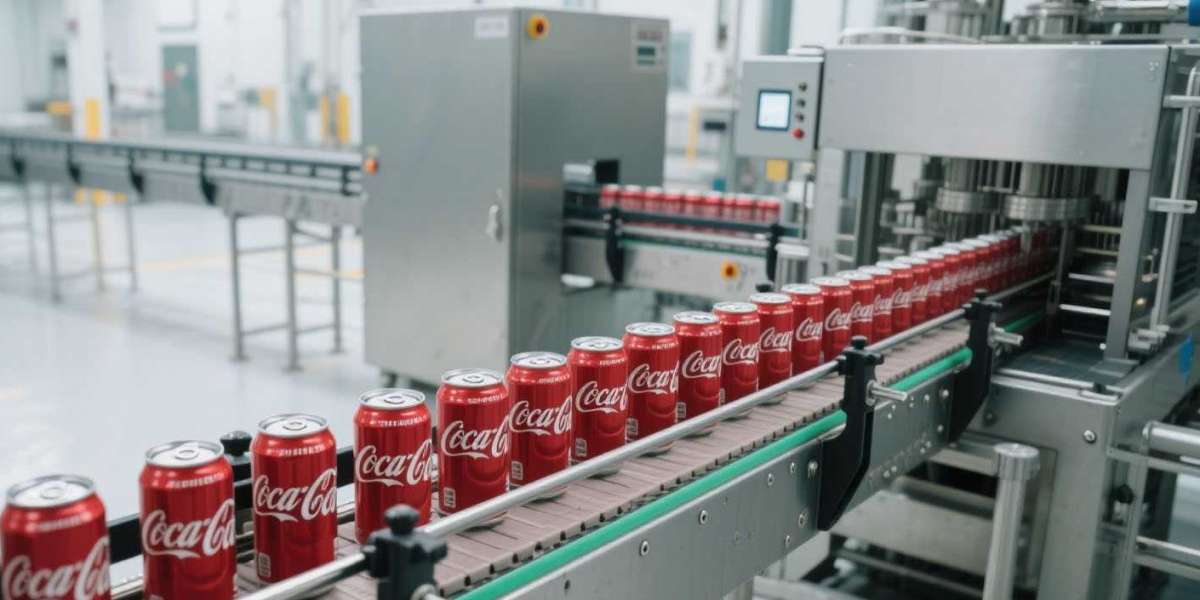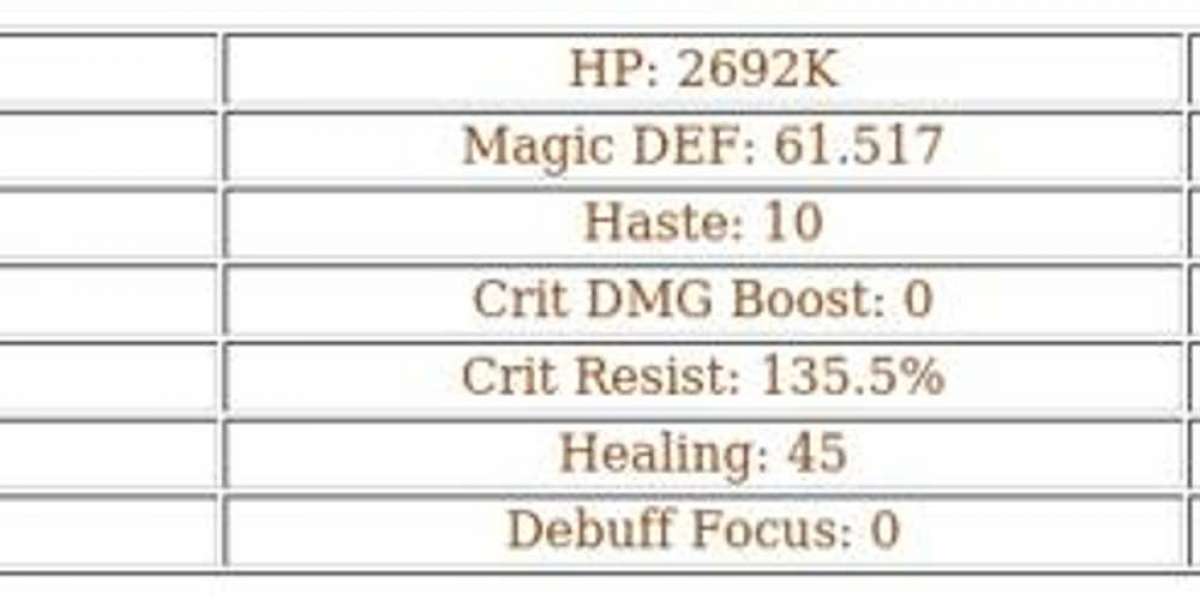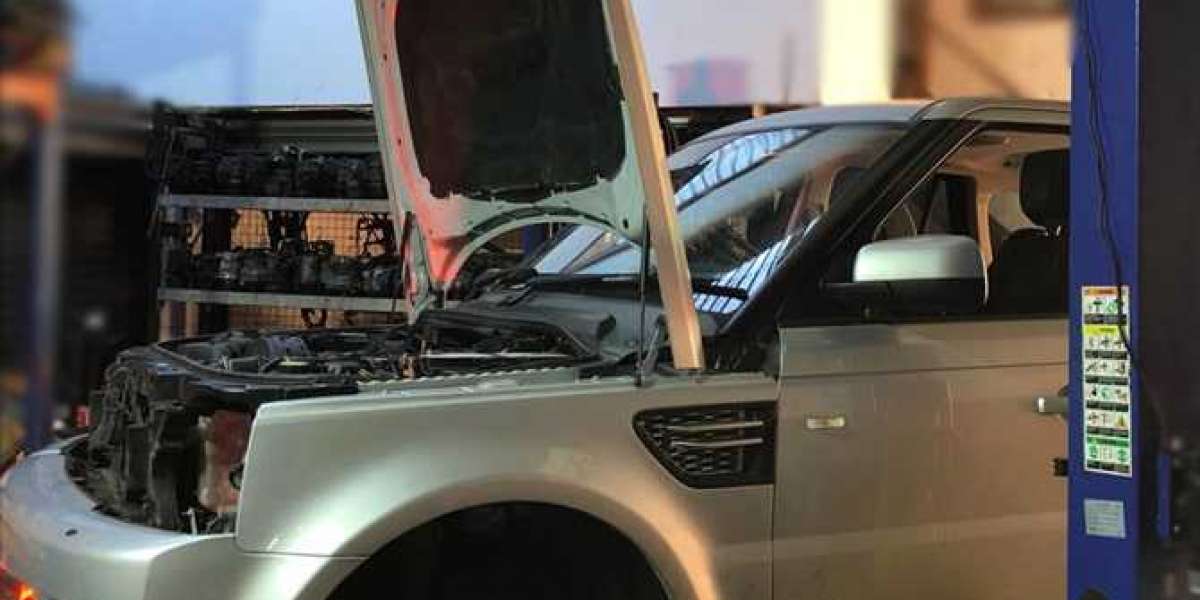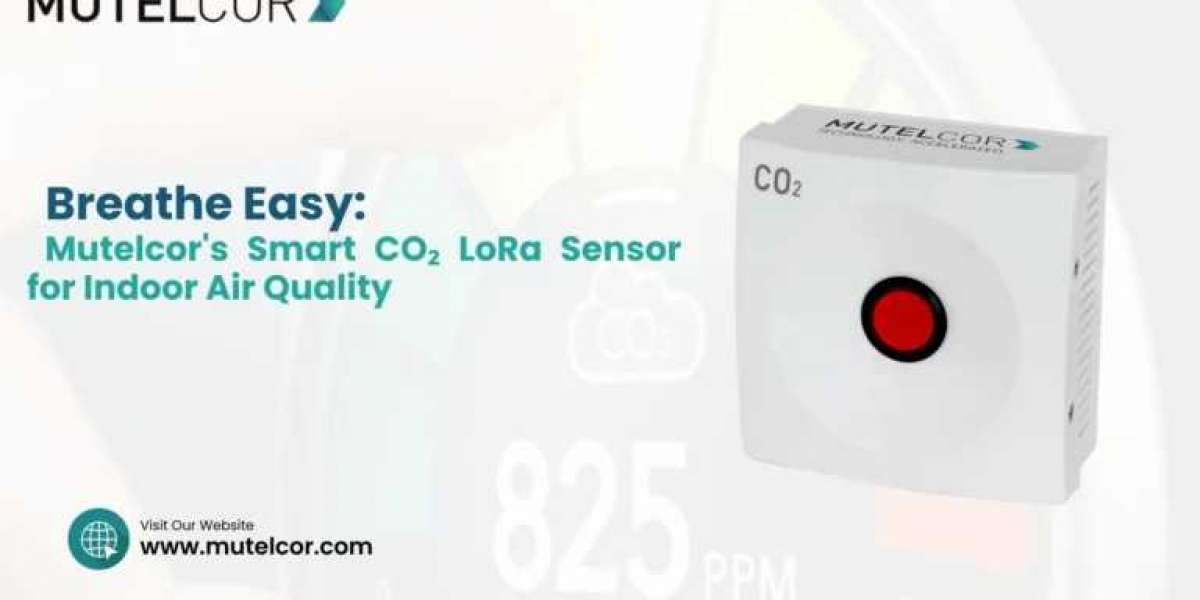Carbonated drinks—like soda, sparkling water, and craft sodas—need special care when filling. Their fizz (from dissolved CO₂) can cause overflow, waste, or flat products if the machine isn’t right. A volumetric drink filling machine is the best choice for accuracy, but not all models work for carbonated beverages. Below’s a step-by-step guide to pick the perfect one, whether you need a drink bottling machine or drink canning machine.
First: Understand Carbonated Drinks’ Unique Filling Needs
Unlike still drinks, carbonated beverages require machines that control two key things: pressure and foam. If pressure drops too much during filling, CO₂ escapes (making drinks flat). If foam builds up, you’ll waste product and underfill containers. Volumetric machines measure exact liquid volumes, but they must pair this with carbonation-friendly features:
- Sealed filling heads to keep pressure steady
- Slow-fill or counter-pressure technology to reduce foam
- Corrosion-resistant parts (CO₂ and acidic drinks can damage metal)
Match the Machine to Your Packaging: Bottling vs. Canning
Your choice between a drink bottling machine and drink canning machine depends on your product’s packaging. Volumetric models are available for both, but they have key differences:
For Bottled Carbonated Drinks
Look for a volumetric drink bottling machine with adjustable filling nozzles. PET bottles (lightweight, shatterproof) need gentle filling to avoid deforming, while glass bottles can handle slightly higher pressure. Features to prioritize:
- Filling volume range: 100ml–2L (covers common soda bottle sizes)
- Counter-pressure filling (injects CO₂ into the bottle first to prevent fizz loss)
- Nozzle designs that reach the bottle bottom (fills from the bottom up to reduce foam)
For Canned Carbonated Drinks
Cans are airtight and preserve fizz well, but they need precise volumetric filling to avoid overflow (cans have less headspace than bottles). A quality drink canning machine should have:
- Sealed can holders to maintain pressure during filling
- Quick-acting valves to stop filling the moment the volume is reached
- Compatibility with standard can sizes (330ml, 500ml) or custom options
Key Technical Specs to Check
Once you’ve picked bottling or canning, focus on these specs to ensure the machine fits your production needs:
Production Speed
Volumetric machines come in speeds from 50–2,000 containers per hour. Small craft brands may need 100–500 cans/bottles per hour, while larger operations need 1,000+. Don’t overbuy—faster machines cost more and take up more space.
Filling Precision
Carbonated drinks have strict dosage rules (e.g., a 500ml bottle must hold 495–505ml). Look for machines with ±1% precision. This avoids regulatory fines and reduces waste from overfilling.
Material Hygiene
Contact parts (nozzles, tanks, valves) must be made of SUS304 or SUS316L stainless steel. These materials resist rust from CO₂ and acidic drinks, and they’re easy to clean—critical for food safety standards (like FDA or GMP).
Example Volumetric Machines for Carbonated Drinks
Two reliable options (based on industry standards) include:
- Volumetric PET Bottle Filler: 6 filling heads, 300–500 bottles per hour, counter-pressure filling, 100ml–1.5L volume range. Ideal for small-batch sparkling water or craft soda brands.
- Volumetric Can Filler: 4 filling heads, 200–400 cans per hour, sealed can chambers, 250ml–500ml volume. Great for artisanal carbonated drinks in cans.
Final Checklist to Avoid Mistakes
Before buying, confirm these 5 things:
- Does it have counter-pressure or foam-control technology?
- Is it compatible with your container type (bottles/cans) and size?
- Does the speed match your daily production target?
- Are contact parts SUS304/SUS316L stainless steel?
- Does it meet local food safety standards (FDA, EU FSSC)?
Choosing the right volumetric drink filling machine for carbonated drinks isn’t just about accuracy—it’s about preserving your product’s quality and avoiding waste. By focusing on pressure control, packaging compatibility, and key specs, you’ll pick a machine that keeps your fizz intact and your production running smoothly.








